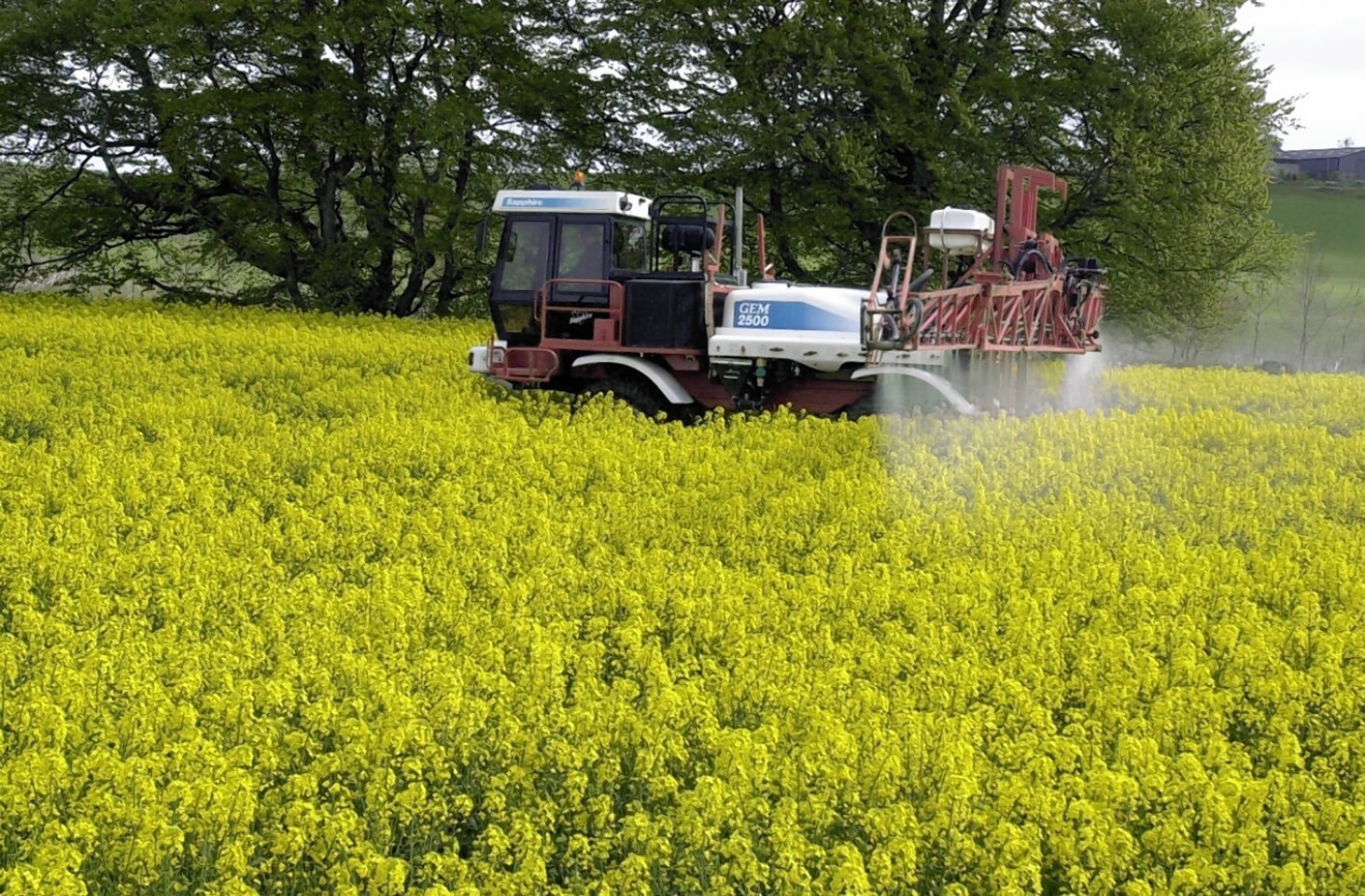In a stark warning to UK farmers, three national industry bodies have warned that EU “over-regulation” is causing UK food production to flat-line.
The announcement was made at last week’s Cereals Event in Cambridgeshire, in a ‘Healthy Harvest’ report drafted by the Crop Protection Association, NFU England and Wales and the Agricultural Industries Confederation (AIC).
The report warns that the UK’s crop production toolbox is becoming “worryingly depleted” and that this may even lead to a production decline if farmers continue to lose access to key crop protection products.
Its authors said that since 2001 half of available pesticides have been lost and that over the lifetime of the newly elected EU Parliament, another half could be banned as a result of “overzealous regulation not backed up with sound science”.
NFU vice president, Guy Smith, who is leading the campaign, said: “The UK is fast becoming an over-regulated environment for British farmers who are losing their home markets to foreign farmers with better access to more effective means of crop production.
“At a time when leading scientists are warning that within a generation the world could face a ‘perfect storm’ of food shortages, this is not the time to be taking away the tools our farmers need to produce disease-free, high yielding crops.”
He added that British farmers needed to have parity with their competitors in other parts of the world, by being able to use the same, safe technology as their foreign counterparts.
